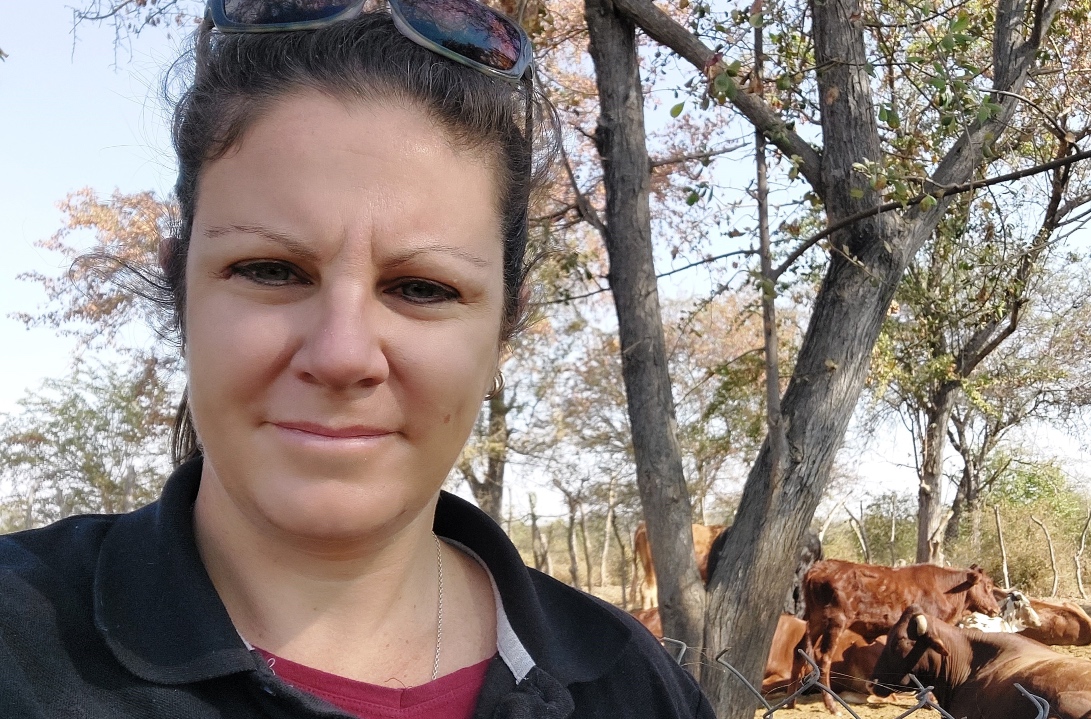
Academic Visitor
Dr Jess Isden
Adjunct Research Scholar, Okavango Research Institute | Co-leader, Chobe-Hwange-Makgadikgadi Focal Area
PROFILE
Jess leads human-predator coexistence projects and runs the WildCAT Botswana Trust. She specialises in delivering locally-relevant and scientifically-driven conflict mitigation strategies for rural subsistence farming communities living alongside wildlife areas.
Jess first came to Botswana in 2014, having worked on previous conservation and applied science projects in Africa, Europe and Australia. She joined WildCRU in 2017 as the Coexistence Coordinator and has run the WildCAT Botswana Trust since 2019. Since human-wildlife conflict accounts for significant proportions of wildlife loss globally, Jess recognised the need to establish long-term, community-priority orientated coexistence programmes and has been working directly with stakeholders and funders to achieve these. Beginning with the establishment of a team of Community Guardians delivering practical mitigation projects, the Coexistence Programme has grown to include the implementation of an ambitious Herding Model initiative that tackles underlying causes of conflict and advocates for combining the traditional and culturally-important aspects of rural farming with modern technology and techniques.
Jess also leads the Chobe Land Use Project, which aims to ensure that informed and scientifically-based decision making is incorporated into land use planning, helping to ensure the future well-being of both community and wildlife areas.
Jess has a PhD in Animal Behaviour and a MSc in Conservation, and builds upon her academic background in her role as an Adjunct Research Scholar at the Okavango Research Institute, University of Botswana. Jess has contributed significantly to the academic development and training of local Batswana students and professionals, and is co-leader of the Chobe-Hwange-Makgadikgadi Focal Area under the KAZA Carnivore Working Group and is also a member of the Botswana Human Wildlife Working Group.